Ⓒ 2023 Kyligence, Inc. All rights reserved.
Image Source: unsplash
Understanding Lead Generation KPIs
Lead generation key performance indicators (KPIs) are vital for businesses to measure and improve their efforts in attracting potential customers. These KPIs provide valuable insights into the effectiveness of lead generation strategies and help identify areas for improvement. By setting realistic goals and tracking key performance indicators, businesses can gauge the success of their lead generation campaigns. Measuring lead generation success involves evaluating various metrics such as conversion rates, customer acquisition cost, and lead quality. Tracking these metrics allows businesses to make data-driven decisions and optimize their lead generation processes.
Setting Realistic Goals for Lead Generation Success
Setting realistic goals is a crucial aspect of lead generation success. By establishing specific and achievable objectives, businesses can effectively measure their progress and stay on track. Goal setting provides direction and focus, guiding the lead generation efforts towards desired outcomes.
Importance of Goal Setting
Setting specific and achievable goals is crucial for lead generation success. Without clear objectives, businesses may struggle to measure their progress or determine the effectiveness of their strategies. Goals provide a benchmark against which performance can be evaluated, helping businesses identify areas for improvement and make necessary adjustments.
Defining Realistic Goals
When setting goals for lead generation, it is important to align them with the overall business objectives and target audience. Consider historical data and industry benchmarks to set realistic expectations. Analyzing past performance can provide valuable insights into what is achievable within a given timeframe.
By defining realistic goals, businesses can ensure that their lead generation efforts are focused and purposeful. These goals serve as a roadmap for success, providing clarity on what needs to be accomplished in order to achieve desired outcomes.
Tracking Key Performance Indicators for Lead Generation
Tracking key performance indicators (KPIs) is essential for measuring the success of lead generation efforts. By monitoring and analyzing relevant metrics, businesses can gain valuable insights into the effectiveness of their strategies and make data-driven decisions.
Choosing Effective KPIs
To effectively track lead generation performance, it is important to identify KPIs that align with business goals and objectives. Consider metrics such as lead quality, conversion rates, and customer acquisition cost. These KPIs provide a comprehensive view of the effectiveness of lead generation campaigns and help businesses understand the return on investment.
Implementing KPI Tracking
Utilizing analytics tools and customer relationship management (CRM) systems can facilitate effective tracking of lead generation KPIs. These tools provide real-time data on various metrics, allowing businesses to monitor progress and make informed decisions. Regularly monitoring and analyzing KPI data enables businesses to identify trends, spot areas for improvement, and optimize their lead generation strategies.
By tracking key performance indicators for lead generation, businesses can gain valuable insights into the effectiveness of their efforts. This data-driven approach allows for continuous improvement and optimization of lead generation campaigns.
Evaluating Lead Quality and Its Impact on KPIs
Evaluating lead quality is crucial for understanding the likelihood of a lead converting into a customer and its impact on key performance indicators (KPIs). By assessing lead source, demographics, and engagement, businesses can gain insights into the effectiveness of their lead generation efforts.
Understanding Lead Quality
Lead quality refers to the likelihood of a lead becoming a paying customer. It is important to evaluate various factors such as the source of the lead, their demographics, and their level of engagement with your brand. A high-quality lead is more likely to convert into a customer and contribute positively to KPI performance.
Impact of Lead Quality on KPIs
The quality of leads has a direct impact on key performance indicators. High-quality leads result in better KPI performance, including higher conversion rates and increased revenue. On the other hand, low-quality leads can negatively affect KPIs by reducing conversion rates and wasting resources.
To improve KPIs, it is essential to identify and address any issues affecting lead quality. This may involve refining targeting strategies, optimizing marketing campaigns, or enhancing lead nurturing processes. By focusing on improving lead quality, businesses can enhance their overall lead generation performance.
Achieving Lead Generation Success with KPIs
Lead generation key performance indicators (KPIs) play a crucial role in optimizing business strategies and enhancing lead generation performance. By setting realistic goals, tracking KPIs, and evaluating lead quality, businesses can gain valuable insights into the effectiveness of their lead generation efforts.
Implementing best practices and addressing challenges contribute to successful lead generation in 2024. By continuously monitoring and analyzing KPI data, businesses can make data-driven decisions and optimize their lead generation strategies to improve overall performance.
In conclusion, leveraging the power of KPIs is essential for achieving lead generation success. By focusing on improving KPI metrics such as conversion rates, customer acquisition cost, and lead quality, businesses can enhance their ability to attract and convert high-quality leads.

